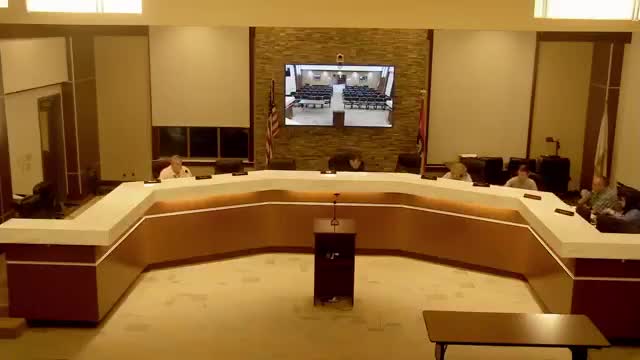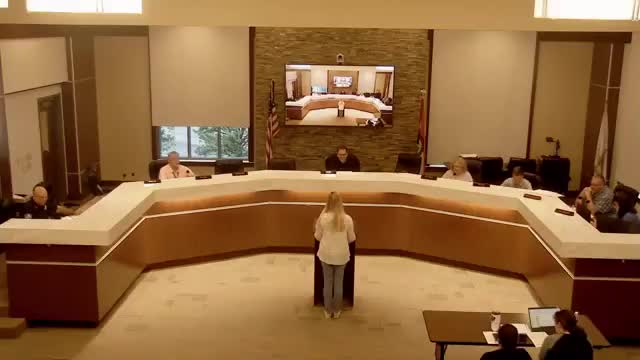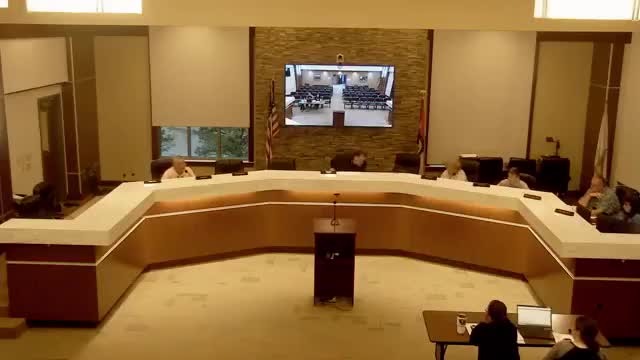Article not found
This article is no longer available. But don't worry—we've gathered other articles that discuss the same topic.

Union Street construction proceeds; Fourth Street pushed to next year as aldermen balance transportation budget

Pacific Partnership funding, rodeo accounting and tourism budget draw extended debate at aldermen workshop

